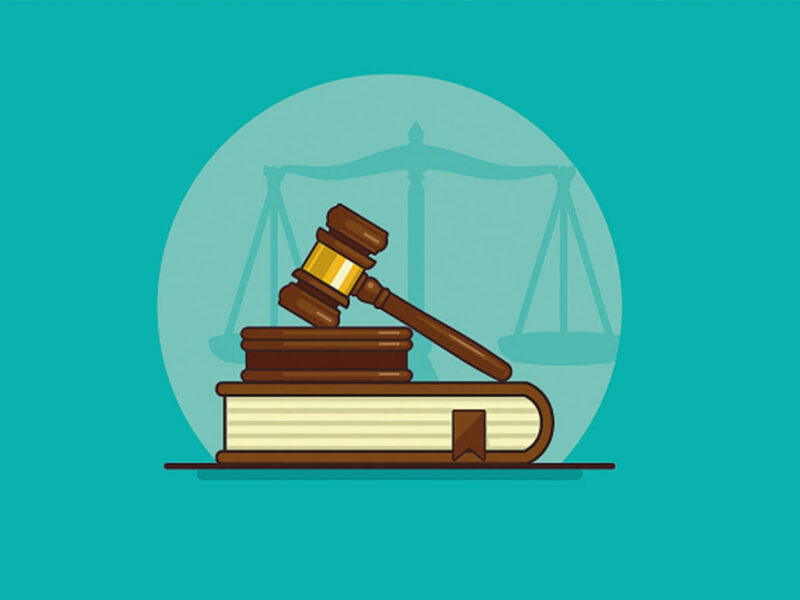

Aiming at the adoption of rules for good and transparent legislation that adheres to the rule of law, Article 74 paragraph 5 of the Constitution and Articles 87, 88 and 101, paragraph 5 of the Rules of Procedure of the Parliament stipulate that ministerial amendments to proposed bills must be submitted, at the latest, three days before the start of the debate in the Plenary or the relevant parliamentary committee, and prohibits amendments that are irrelevant to the main object of the bill.
The purpose of the above rules is to allow enough time for the proper legislative and consultation processes to be followed, allowing input both from MPs and from the public – of any regulation proposed by ministers in the form of amendments.
The prohibition of overdue amendments prevents the submission – shortly before the passage of the bill – of regulations that will inevitably escape the attention of the public sphere, resulting in a lack of transparency and accountability on issues that affect individual rights, public procurement and other issues that will influence the lives of millions of citizens.
The Parliament also failed to stamp these amendments “OVERDUE”, which for the sake of transparency is the usual procedure with all last minute, overdue amendments.
It is worth noting that we have followed the most moderate parliamentary method for defining amendments as ‘overdue,’ and judged as such only those that were submitted on the day of or the day preceding the voting of the relevant bill. If we applied the letter of the law and considered as overdue the amendments that were not tabled at least three days before the beginning of the debate, then the number of overdue amendments submitted by the government in all of its legislative work would be much higher.
Both amendments also contained provisions unrelated to the main object of the bill, in violation of the law and the rules of good legislation.
In a state governed by the rule of law, the government and the parliament must produce laws in adherence to both the Constitution and the Rules of Procedure of the parliament, as well as the other rules that have been established to guarantee and promote good and transparent legislative practices.
In this case, the government has violated the rules laid out in the Constitution for amendments, which on the one hand leads to laws that are unclear and difficult to use, and on the other hand shakes the trust of citizens in democracy and the rule of law.
Bank Account number: 1100 0232 0016 560
IBAN: GR56 0140 1100 1100 0232 0016 560
BIC: CRBAGRAA
![]()
In a time where the very foundations of democracy are gradually being eroded by the rise of extreme nationalism, alt-right movements, the spread of disinformation and corporate capture, the efforts of organisations such as Vouliwatch are more relevant than ever.
We rely on the generosity of each and every one of you to continue with our efforts for more transparency and accounta
By financially supporting Vouliwatch you support our litigation strategy, our campaigns for transparency and accountability in the political system, the development of new civic tech tools, our research projects and last but not least our impartial and accurate